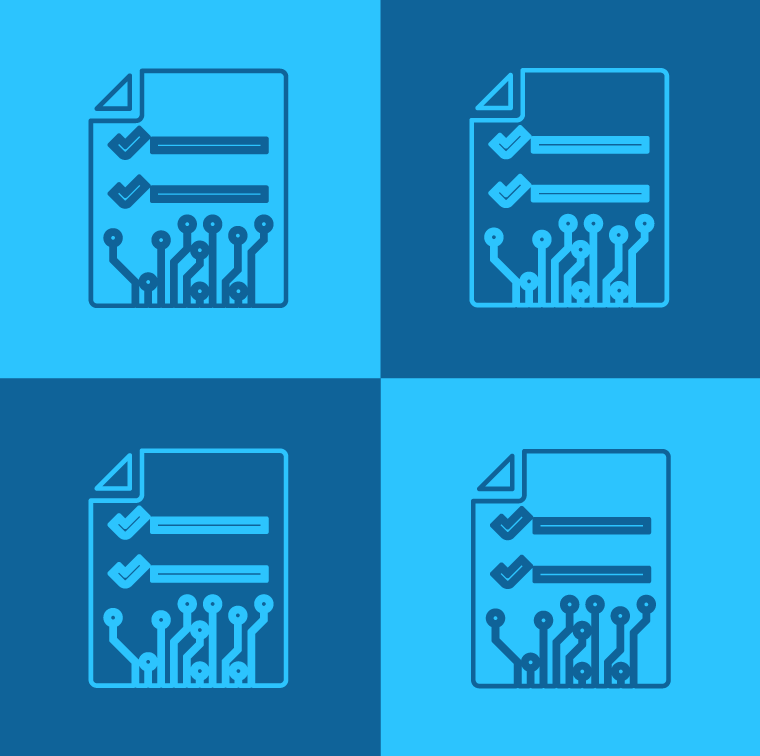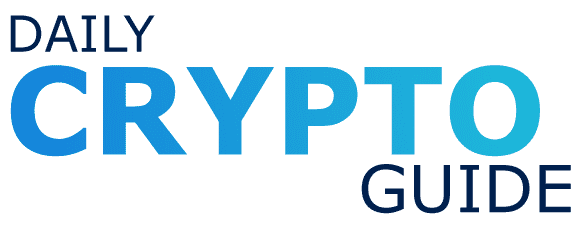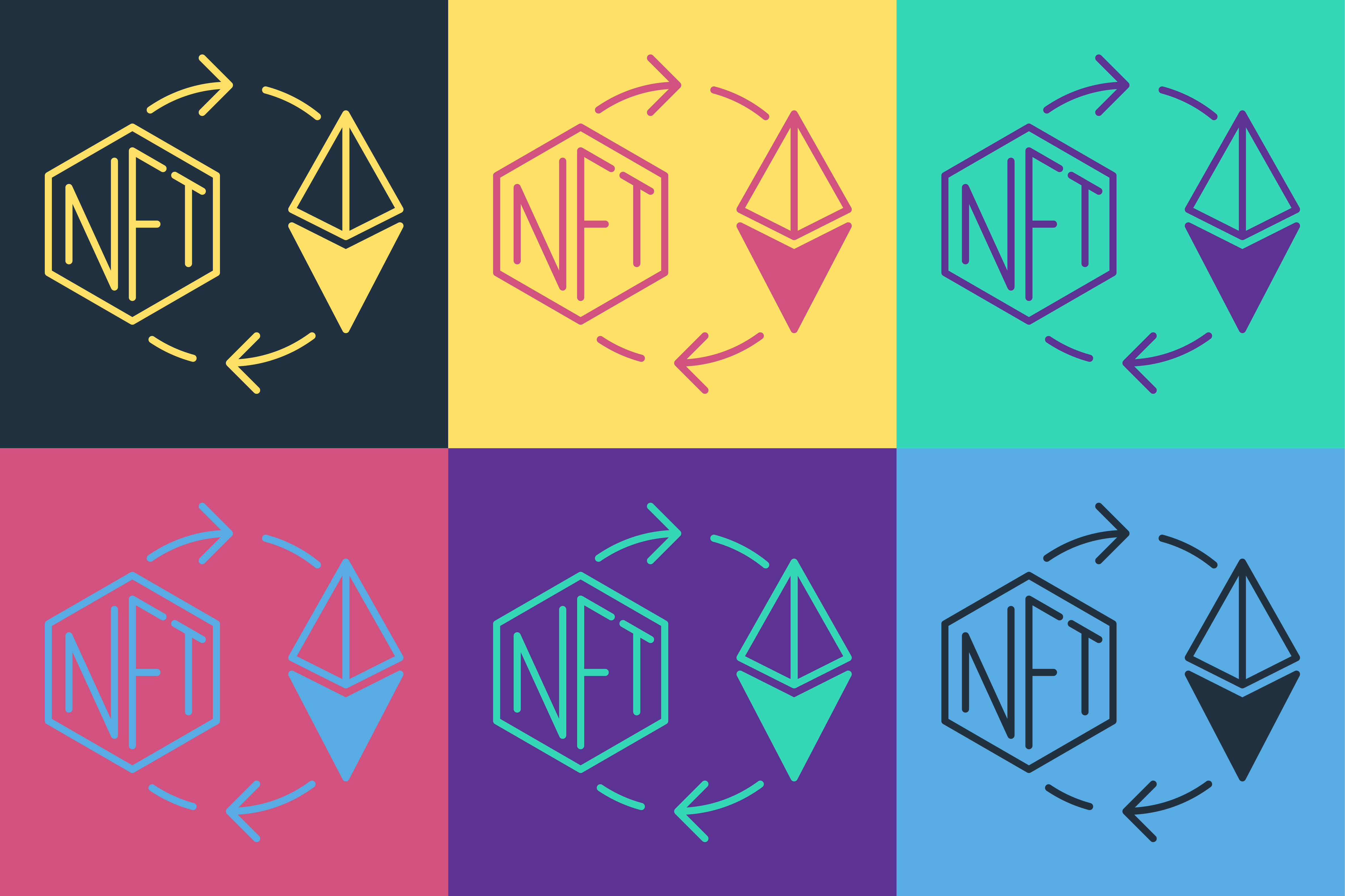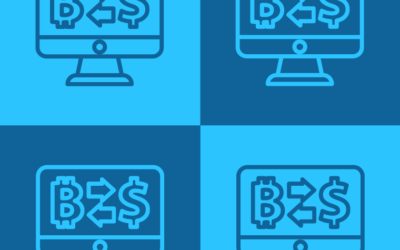Demystifying NFT Smart Contracts: What They Are and Why They Matter
Looking to learn about NFT smart contracts? You’ve come to the right place! Smart contracts provide the backbone for creating, managing, and transferring NFTs. Thus, if you are interested in NFTs, you’ll need to know about NFT smart contracts, how they work, and how to create them.
In this article, we’ll explore the concept of NFT smart contracts, how they work, their benefits, use cases, and their potential in the future of the digital asset ecosystem.
Ready to learn everything you need to know about NFT smart contracts? Let’s go!
Understanding NFT Smart Contracts
Benefits
Challenges and Limitations
Real-World Applications
The Future of Smart Contract NFTs
How to Get Started with NFT Smart Contracts
NFT Smart Contract FAQs

Understanding NFT Smart Contracts
To understand an NFT smart contract, you’ll need to know a little about NFTs and smart contracts individually. More specifically, you’ll need to understand what an NFT is and what a smart contract is. So, let’s take a look.
What is an NFT?
An NFT, or non-fungible token, is a type of digital asset that represents ownership or proof of authenticity of a unique item or piece of content. Unlike traditional cryptocurrencies, which are interchangeable and indistinguishable, NFTs are one-of-a-kind and, therefore, cannot be exchanged for other tokens on a one-to-one basis.
NFTs are typically created using blockchain technology in order to ensure authenticity. This allows for the creation of verifiable and secure digital assets that can be bought, sold, and traded like physical assets.
NFTs can represent various digital items, including artwork, music, videos, photos, tweets, and even real estate. They are often bought and sold on specialized marketplaces and can fetch high prices due to their uniqueness and scarcity.
Non-fungible tokens have opened up new possibilities for creators and collectors in the digital world, allowing them to monetize and showcase their work in a new and exciting way.
What is a smart contract?
A smart contract is a self-executing code that automatically enforces the rules and regulations of a contract. This code, or program, often exists on a decentralized blockchain network. As a result, the contract is transparent, immutable, and secure.
Smart contracts are designed to enforce the rules and conditions of a contract automatically. Thus, they eliminate the need for intermediaries like banks and lawyers.
Smart contracts are used to facilitate a wide range of transactions and agreements. For example, they can facilitate the transfer of digital assets like cryptocurrencies or NFTs, be used to distribute royalties, help manage supply chain logistics, and more.
Overall, smart contracts offer a robust and secure way to automate transactions and enforce agreements. As a result, they have the potential to revolutionize a wide range of industries by reducing the need for intermediaries, improving transparency, and increasing efficiency.
-> Want to learn more about smart contracts and how to read them? Check out his article – How to Read Smart Contracts
Now, how do NFTs and smart contracts come together to create an NFT smart contract? Here’s what you need to know.
What is an NFT smart contract?
An NFT smart contract is a computer program that contains instructions to create, manage and transfer NFTs. In other words, an NFT smart contract creates and defines the rules and regulations of an NFT, including ownership, transfer, and usage rights. Smart contract code also includes metadata that describes the asset, such as its name, description, and image.
When an NFT is created, the smart contract assigns a unique identifier to the asset. This unique identifier is stored on the blockchain and is used to prove ownership and authenticity. The smart contract also defines the rules and regulations for transferring ownership of the NFT. These rules can specify the conditions under which the NFT can be transferred, the parties involved, and the transaction fees.
In addition, NFT smart contracts can define the usage rights of an NFT. For example, a smart contract can limit digital artwork to personal use only or allow the owner to license the artwork to others for commercial use.
NFT smart contracts are commonly written in Solidity, a programming language for developing smart contracts on the Ethereum blockchain.
6 Benefits of NFT Smart Contracts
Using NFT smart contracts offers several benefits to creators and consumers of digital assets. Here are some of the key advantages:
1. Proof of Authenticity
NFT smart contracts provide a way to prove the authenticity of digital assets. They do this by using blockchain technology to create a unique identifier for each NFT. This ensures that the NFT is one-of-a-kind and cannot be replicated or duplicated.
2. Immutable Ownership
Smart contracts for NFTs also provide an immutable ledger that records the ownership and transfer of each NFT. This ensures that ownership of the NFT cannot be disputed and makes it easy to track the history of the asset.
3. Transparency
The rules and regulations for an NFT are defined in its smart contract. As a result, the terms are clear and accessible for all parties involved.
4. Elimination of Intermediaries
An NFT smart contract eliminates the need for intermediaries, such as art galleries or auction houses, in the sale and transfer of digital assets. This reduces costs and increases the efficiency of transactions.
5. Revenue-Sharing
Smart contracts for NFTs can include revenue-sharing agreements between creators and owners of digital assets. For example, a smart contract can specify that the creator receives a percentage of the sale price each time the asset is sold.
6. New Revenue Streams
NFT smart contracts enable creators to monetize their digital assets in new ways, such as by selling usage rights or creating limited edition NFTs.
NFT smart contracts are an attractive option for managing and monetizing digital assets. As the digital asset industry grows and evolves, NFT smart contracts will likely become even more universal and essential.
Challenges and Limitations of an NFT Smart Contract
While NFT smart contracts offer many benefits, there are also several challenges and limitations to consider.
Here are some key challenges:
1. Technical Complexity
NFT smart contracts require a certain level of technical expertise to create and manage. This can be a barrier for artists, musicians, and other creators who may not have the necessary skills or resources.
2. Legal Issues
The legal status of NFTs is still evolving, and there are questions about the enforceability of smart contracts in some jurisdictions.
3. Market Volatility
The market for NFTs is still relatively new and untested, and there may be volatility in prices and demand. This can make it difficult for creators and buyers to assess the value of NFTs.
4. Scalability
The current blockchain infrastructure may not be able to handle the volume of transactions required for the widespread use of NFT smart contracts. This could lead to slow transaction times and high transaction fees.
Considering these challenges and limitations when using NFT smart contracts is essential. That said, as technology evolves, some of these challenges will likely be addressed and overcome.
NFT Smart Contract Real-World Applications
NFT smart contracts are used in various real-world applications, from art and music to gaming and virtual real estate.
Here are some examples of how NFT smart contracts are being used today:
- Digital Art – many artists are starting to use NFT smart contracts to sell and trade digital art. Artists can create unique digital artworks and sell them as NFTs on blockchain marketplaces. NFT smart contracts ensure that each artwork is one-of-a-kind and that ownership can be easily tracked.
- Music – NFT smart contracts are also used to sell and trade music. For example, musicians can create unique digital albums or songs and sell them as NFTs. Best of all, smart contracts can include revenue-sharing agreements, so musicians receive a percentage of each sale!
- Gaming – smart contracts are used in the gaming industry to create unique in-game assets that can be bought and sold as NFTs. These assets represent virtual items such as weapons, armor, and skins.
- Virtual Real Estate – smart contracts NFTs are also used to create and sell virtual real estate. For example, virtual plots of land can be sold as NFTs, with smart contracts defining the rules and regulations for ownership and transfer.
- Collectibles – smart contracts are currently used to create and sell digital collectibles, such as trading cards or rare items in video games.
These are just a few examples of the real-world applications of NFT smart contracts. As the technology continues to develop, we will likely see even more innovative and creative uses of NFTs and smart contracts.
The Future of Smart Contract NFTs
The use of NFT smart contracts is still in its early stages. Therefore, there is significant potential for growth and innovation.
Below are potential developments that we may see in the coming years:
- Increased Adoption – as more artists, musicians, and creators become familiar with NFTs and smart contracts, we may see increased adoption of this technology in various industries.
- Greater Accessibility – as the technology evolves and becomes more user-friendly, it will become easier for creators and consumers to use NFT smart contracts without advanced technical skills.
- New Applications – as more people experiment with NFTs and smart contracts, we may see new and innovative applications of this technology in healthcare, education, social impact, etc. Many people also predict that smart contract NFTs will be used to represent ownership of physical items, such as watches and real estate.
- Integration with Other Technologies – NFT smart contracts may be integrated with other emerging technologies, such as virtual and augmented reality. This could lead to many new and exciting possibilities for creators and buyers.
As you can see, the future of NFT smart contracts is exciting and full of promise. While there are challenges and limitations to consider, the benefits of this technology are clear, and we are likely to see continued growth and innovation in the coming years.
How to Get Started with NFT Smart Contracts
If you’re interested in getting started with NFT smart contracts, here are some steps you should take:
- Learn about NFTs: Before diving into NFT smart contracts, it’s important to understand what NFTs are and how they work. Many online resources can help you learn about this technology, including articles, videos, and online courses.
- Learn how to create an NFT smart contract: once you’re familiar with NFTs and how they work, you’ll need to learn how to create an NFT smart contract.
- Choose a Blockchain Platform: several blockchain platforms support NFTs, including Ethereum, Binance Smart Chain, and Solana. Research each platform and choose the one that best meets your needs.
- Create a Wallet: To use NFT smart contracts, you’ll need a digital wallet that can store your NFTs and cryptocurrencies. There are many wallets available, including MetaMask, Trust Wallet, etc. Please be sure to do your research before signing up for a digital wallet.
- Write your smart contract: now, it’s time to write your NFT smart contract! You’ll need to specify the attributes of your NFT, including its name, description, image, and more.
- Mint Your NFT: Once you have your wallet and smart contract ready, you can mint your NFT!
- Sell or Trade Your NFT: Once you’ve minted your NFT, you can sell it or trade it on a blockchain marketplace. There are several marketplaces available, including OpenSea, Rarible, and SuperRare.
As you get started with NFT smart contracts, it’s important to remember that this technology is still evolving, and there may be challenges and limitations to consider. However, with the right tools and resources, anyone can create and sell unique NFTs using smart contracts!
NFT Smart Contract FAQs
Here are some of the most common questions about NFT smart contracts. Don’t see the answer to your question here? Let us know, and we’ll cover it in an upcoming post!
Can an NFT have a smart contract?
Yes, an NFT can have a smart contract associated with it. In fact, smart contracts and NFTs go hand in hand, as a smart contract is often used to create and manage an NFT.
To create an NFT, you would typically create a smart contract that specifies the attributes of the NFT, such as its name, description, and image. Then, you would use the smart contract to mint the NFT on a blockchain platform automatically!
More Helpful Crypto Content
What is NFT vs Crypto: Understanding the Key Differences and Similarities
Wondering – what is NFT vs crypto? Unlock the secrets of these digital assets, explore their similarities and differences, and learn how they’re shaping the digital future.
Understanding Leverage Trading in Crypto: How to Amplify Your Gains (+Possible Risks)
Learn what leverage trading crypto is and how it works. Plus, the top exchanges for leverage trading crypto.
3 NFT Smart Contract Examples (Solidity, Vyper and Rust) + What Each Function Means
Explore 3 NFT smart contract examples (in Solidity, Vyper, and Rust) and learn what each function in the code does.



